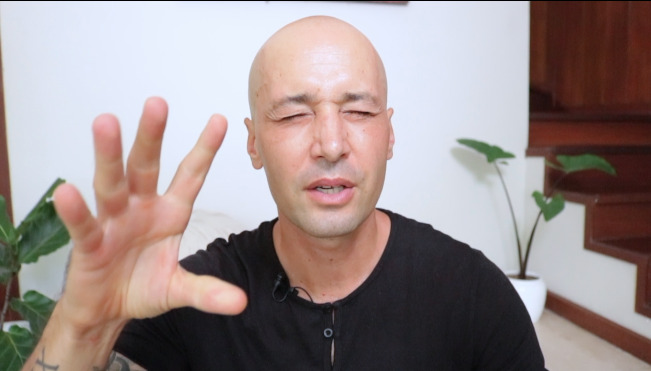.
Some estimates suggest rheumatoid arthritis affects as much as 1% of the global population.
“Despite its high prevalence, there is no cure and we don’t entirely know what brings it on. This is true of nearly all autoimmune diseases, which makes treating or preventing them so difficult,” said Dr. Ritu Chakravarti, an assistant professor in the UToledo College of Medicine and Life Sciences and the paper’s lead author.
Researchers focused on a protein called 14-3-3 zeta, which they considered as a potential trigger for rheumatoid arthritis based on their previous work.
During this research, they discovered that removing that protein through gene-editing technology caused severe early-onset arthritis in animal models.
Based on this new theory that the 14-3-3 zeta protein protects against rheumatoid arthritis, researchers developed a protein-based vaccine using purified 14-3-3 zeta protein grown in a bacterial cell.
In addition to suppressing the development of arthritis, the vaccine also significantly improved bone quality, a finding that suggests there should be long-term benefits following immunization.
Currently, rheumatoid arthritis is treated primarily with corticosteroids, broad-scale immunosuppressive drugs, or newer, more targeted biologics that target a specific inflammatory process.
While those therapeutics can alleviate pain and slow the progression of the disease, they also can make patients more vulnerable to infection and can be costly.
Researchers have filed for a patent on their discovery and are seeking pharmaceutical industry partners to support safety and toxicity studies in hopes of establishing a preclinical trial.
Source: Medindia



